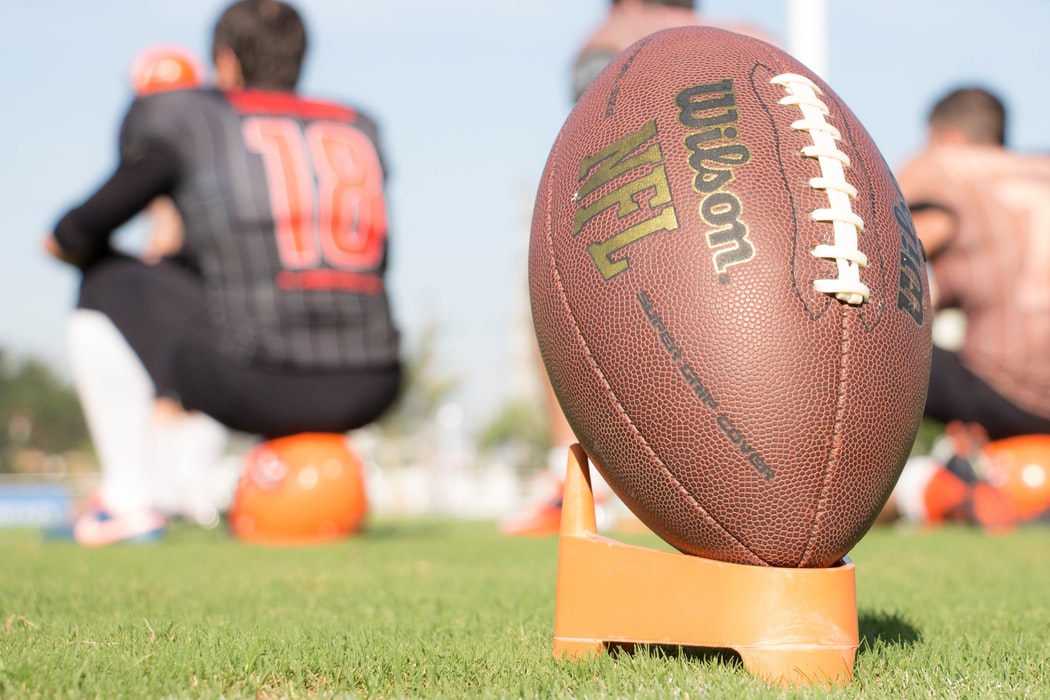Football and its risk on cognitive and mental health problems in players continue to be a hot topic and deservingly so. As the spotlight on Chronic Traumatic Encephalopathy(CTE)—a devasting degenerative brain disease found in individuals with a history of repetitive brain trauma such as concussions—grows researchers are just beginning to understand the cause and effect of the disease on football players.
A new report released on August 30 by The American Journal of Sports Medicine, surveyed roughly 3,500 former NFL players to investigate the relationship among career length, position, and cognitive and mental health. The research study is part of an ongoing Football Players Health Study at Harvard University and was supported by National Football League Players Association (NFLPA).
Results of the study found that the longer the NFL career, the higher the risk of cognitive and mental health problems.
The published results of that study also highlighted the following findings:
- Every five seasons of play carried a nearly 20% increase in risk for serious cognitive problems.
- Certain positions also carried an elevated risk for cognitive problems, depression, and anxiety including running backs, linebackers, and special teams.
- Nearly one in four players reported symptoms of anxiety (26%) and depression (24%), and nearly one in five (18%) reported symptoms of both conditions.
The report also points out:
“The study results show that players who experienced concussions had elevated risk for serious cognitive problems, depression, and anxiety, which persisted over time, as long as 20 years following injury. The investigators caution that their analysis relied on players’ memories of experiencing concussion rather than on diagnosis at the time of injury. And the findings do not mean that everyone with concussion will necessarily experience cognitive or mental health problems, they add. Contrary to previous reports, the new research did not find a link between starting football at a young age and cognitive problems in adulthood.”
Football Players Health Study at Harvard University
What does it all mean?
We still have a lot to learn, but as we inch towards finding new information about the relationship between CTE and head injuries, it is becoming clearer that the risk can no longer be ignored. It is imperative that we continue to look for ways to protect players from injury and also provide resources to those active and retired players who have already developed mental health and cognitive issues.

